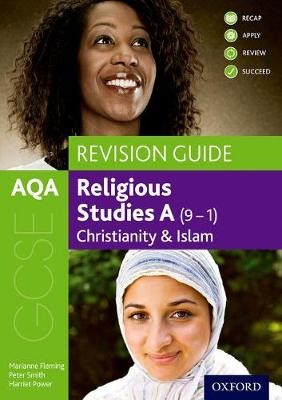Philosophy, Religion and Ethics - Curriculum Intent
Philosophy, religion and ethics makes a distinctive contribution to the school curriculum by developing students' knowledge and understanding of religion, religious beliefs, practices, language and traditions and their influence on individuals, communities, societies and cultures. It enables students to consider and respond to a range of important questions related to their own spiritual development, the development of values and attitudes and fundamental questions concerning the meaning and purpose of life. Philosophy, Religion and Ethics is concerned with the deep meaning that individuals and groups make of their experiences and how this helps them give purpose to their lives. It provides opportunities to explore, make and respond to the meanings of those experiences in relation to the beliefs and experiences of others as well as to one's own experiences.
Implementation
Philosophy, Religion and Ethics at the Westleigh School takes a worldviews approach to curriculum. Pupils throughout the curriculum are given opportunities to consider and evaluate the beliefs and viewpoints of others as well as developing their own ideas and views on a range of issues. At Westleigh we look at religious beliefs and actions from; Christianity, Islam, Buddhism, Hinduism, Sikhism and Judaism as well as exploring a range of non-religious viewpoints. Pupils will have the opportunity to consider big questions including exploring many contemporary ethical issues. We have developed a progression of skills with each year group, which enables pupils to build on and develop their knowledge and skills each year. In order to support children in their ability to ‘know more and remember more’ there are regular opportunities to review the learning taken place in previous topics as well as previous lessons
Impact
Our students will extend and deepen their knowledge and understanding of a range of religions, philosophies, ethical and worldviews in systematic ways. They will reflect and use a wide range of subject key words. They will understand how beliefs influence the values and lives of people and politics. Our pupils will be able to judge the practices and beliefs of what they study using many skills such as analysis, interpretation and evaluation. This will develop their ability to communicate their personal view, which will help them in the real world.
Long Term Plans
"The first step in knowledge is to listen, then to be quiet and attentive, then to preserve it, then to put it into practice and then to spread it." - Sufyan ibn Uyayna
Examination Board
At the end of year 9 pupils will have the option to study the AQA Religious Studies GCSE. Pupils will look at religious beliefs and practices from Christian and Islamic perspectives and then apply religious beliefs and their own beliefs to a range of ethical issues including; crime and punishment, war and conflict, medical ethics and family and relationships.
.png)

.png)
